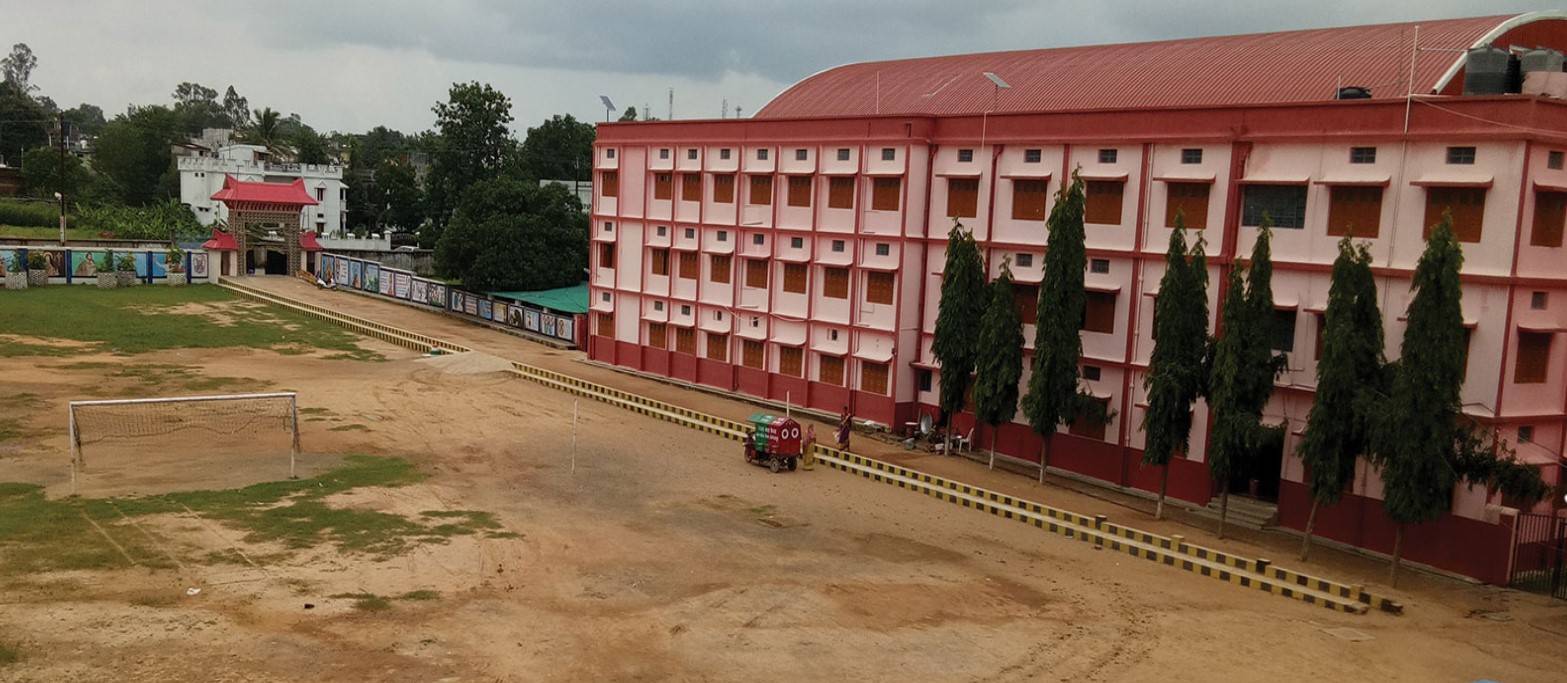ROME – As a month-long summit of bishops on young people gets set to close, Church leaders from every continent signed a petition Friday asking for “ambitious and urgent climate action,” looking ahead to the next gathering of bishops in 2019 where climate change and its repercussions are expected to take center stage.
“This is a right of present and future generations … we have the obligation of protecting nature so that the future can be safeguarded,” said Indian Cardinal Oswald Gracias, Archbishop of Mumbai and president of the Federation of Asian Bishops’ Conferences, during a press event at Vatican Radio Oct. 26.
The conference began with an appeal to politicians to limit global warming to 1.5 degrees and to work toward the implementation of the Paris Agreement ahead of the COP24 climate summit hosted by the UN this December in Poland.
The appeal was signed by Italian Cardinal Angelo Bagnasco, President of the European Bishops’ Conference; Archbishop Peter Loy Chong of Fijii, President of the Federation of Catholic Bishops’ Conferences of Oceania; Archbishop Jean-Claude Hollerich of Luxenburg, President of the Commission of the Bishops’ Conferences of the European Community; Archbishop Gabriel Mbilingi of Angola, President of the Symposium of Episcopal Conferences of Africa and Madagascar and Gracias.
Bishops sign a statement ahead of #COP24 asking for “urgent and ambicious action” on #climatechange. Follow @Crux for the full story. pic.twitter.com/P7f68wb7Fl
— Claire Giangrave (@ClaireGiangrave) October 26, 2018
While bishops convening for the Synod of Bishops on young people, faith and vocational discernment have been discussing how to reach out to new generations, Gracias said, “it is criminal on our part, and on the part of society, if we do not make the earth habitable for them.”
“Not everybody is fully on board,” the cardinal added, but said the bishops have been met with “solidarity across the world [in calling] for us to collaborate with nature and not to combat, challenge nature.”
Gracias stressed that often it’s the weakest in society who suffer the brunt of the consequences of climate change.
The signed document, written in partnership with the international alliance of Catholic development agencies CIDSE, Caritas Internationalis and the Global Catholic Climate Movement, urges “rapid and radical changes while resisting the temptation to look for quick technological fixes.”
“Church leaders from Asia, Africa, Oceania, and Europe are jointly calling on governments to take concrete measures to shift towards a fair share of resources and responsibilities, where the ‘big emitters take political accountability and meet their climate finance commitments,’” reads the press release.
Speaking at the event, Archbishop Jean-Claude Hollerich of Luxenburg emphasized that it’s essential to look at the money flows in order to understand how to address climate change, proudly stating that his own diocese has divested from fossil fuels.
“If we don’t look at the money flows, then we will just have nice ways of speaking but things will not really happen,” Hollerich said, “and things have to happen.”
As head of the European bishops, he called the European Union to be more active and not rely on technology and instead look for solutions that benefit the entire planet. Hollerich underlined that migration, which is already challenging European countries, will only get worse when faced with ecological catastrophes.
“It’s the Church’s role to lightly, gently remind people of this responsibility,” he said.
Coming from what he called “the other side of the world,” climate activist and synod auditor Joseph Moeono-Kolio from Samoa praised the Vatican’s engagement and expressed the hope that bishops and Catholic communities around the world mobilize.
“For us in the Pacific, this document is a huge symbolic step, a symbol of hope,” he said. “Because we do need the Church to rise and engage this issue since it is critical to our very ability to prosper and live in dignity.”
“Young people bear the brunt of a lot of bad decisions, and we want to end it here,” he added.
He said that in the Pacific islands, people “live at the mercy of a very quiet but very ongoing persecution,” since they are on the frontlines of climate change that threatens their land and identity. The erosion of burial sites by the sea and the exodus of its young people are only some examples of the reality caused by the global warming they face every day.
Quoting a fellow synod delegate from his country, he said that “one day we’ll be rootless and with only a passport to call home.”
He drew on the image of people in the islands running to the concrete churches for refuge during the ever more frequent cyclones to appeal to the global Catholic community.
“The Church now should be a haven of safety, especially for young people, that protects us from this kind of thing,” he said.
Gracias said he spoke to bishops from the United States, which retreated from the Paris Accords under the Trump administration, saying the contribution from North America on climate change remains critical.
Concerning the Chinese bishops, who for the first time ever took part in the synod this month following an historic Sino-Vatican deal, Gracias said climate change did not come up in conversation but he looks forward to addressing it further at the next bishops’ gathering.
In 2019, the Vatican will host a synod on the Pan-Amazonian region and Gracias said that “climate will be one of the key elements of discussion.”
Hollerich confimed that commissions in charge of preparing the event “have done wonderful work already,” looking at the multifaceted aspects of climate change and how it effects people.
“I have great expectations of the synod [on the Amazon],” he said, “I am looking forward to the discussions and result of it.”
From Pope Emeritus Benedict XVI’s appeal in his encyclical Caritas in veritate to Pope Francis’s Laudato Si, the Catholic Church has been strongly involved in supporting the theological and spiritual argument for the care of creation, with this petition being the latest of many efforts to encourage sustainability for future generations.
As Moeono-Kolio said, “climate change is more than science, politics and ideology. I think sometimes we can get bogged down, so there’s no action.”
“May I remind you that there is a human face to climate change, you are looking at it,” he said. “We will all become the face of climate change if we don’t do something.”
















